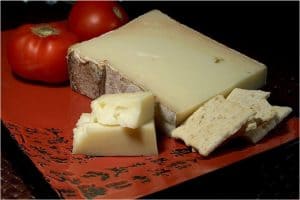Pregnancy is a time when your body is in need of extra nutrition. You don’t just need more calories per day, but also more of good calories from healthy ingredients. A balanced healthy diet during pregnancy helps in your baby’s growth and developments and it also supports your health and energy levels during and post pregnancy.
When you are looking to eat healthy, it is a known fact that cooking at home and eating home cooked meals is the best choice. Now that you are putting in all the effort of making your food at home, how about making it a bit more healthy and safe by following from simple hacks that preserve nutrition and remove harmful elements:
- Wash fresh produce before cutting: Washing fresh produce after cutting or chopping can lead to the loss of nutrients such as vitamin C and B complex group and may lead to cross-contamination. Hence, it is recommended to wash fruits and vegetables before cutting. For leafy produce such as lettuce, spinach or cabbage, remove leaves and wash before chopping.
- Don’t soak for very long: Pores in fruits and vegetables means that soaking them for long may leach out vitamins increasing the nutrient loss.
- Peel thinly: The skin of many fruits and vegetables is a rich source of fiber and other nutrients. For vegetables and fruits that require peeling, try to remove as thin a layer as possible to ensure you retain the inner layers of the skin for some of the skin nutrients to stay intact.
- Try dicing instead if fine chops: The finer you chop vegetables, the more is risk of oxidation, loss of flavor, and loss of nutrients due to more inner surface being exposed in fine chops.
- Always make fresh salad: Pre-cut salads can be contaminated with food-poisoning causing bacteria such as listeria and e coli and might have also lost some of the nutrients because of prolonged contact with air. So, it is best to cut your salad fresh before eating.
- Switch to healthier cooking techniques: Deep frying can lead to loss of vitamins like vitamin A and vitamin C. So, switch to healthier cooking methods like blanching, stewing, boiling (without discarding the water), steaming, or shallow frying. Also, don’t reuse your frying oil and avoid reheating food as all of this leads to loss of nutrients in food.
- Cook your meats thoroughly: One key advice while eating meats or egg is to ensure that it is cooked thoroughly to at least 450F. Meat that is not heated to this temperature may contain harmful bacteria. Also, avoid processed meats due to their excess sodium content and other harmful additives.
Following the above cooking tips will help you make your meals healthier and your body happier!
Photo by Alyson McPhee on Unsplash












